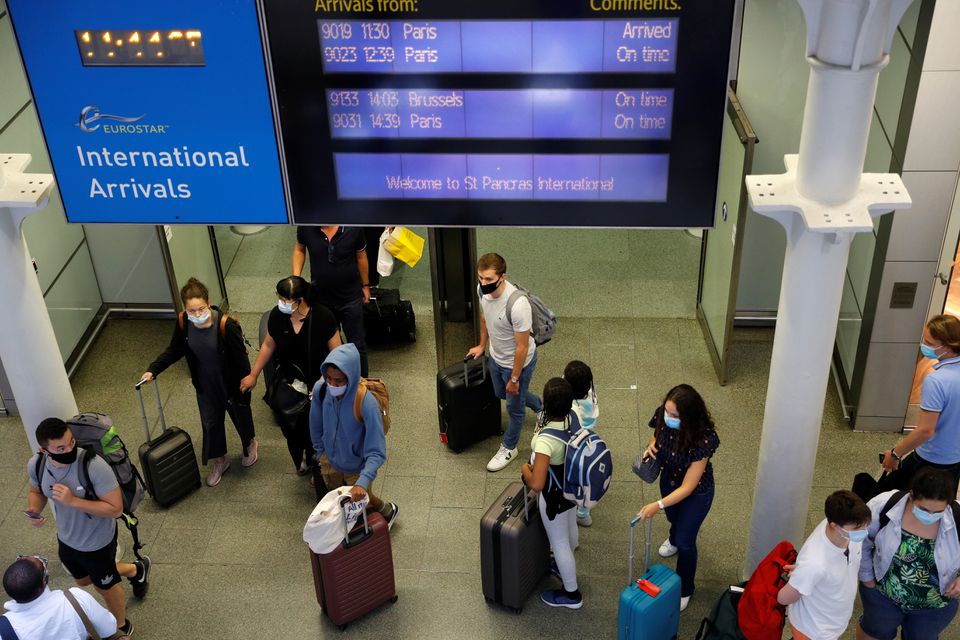Sudanese protests resume as moves for political deal falter
 Protesters march during a rally against military rule following a coup in Khartoum, Sudan May 12, 2022. REUTERS/Mohamed Nureldin Abdallah
Protesters march during a rally against military rule following a coup in Khartoum, Sudan May 12, 2022. REUTERS/Mohamed Nureldin AbdallahSecurity forces fired tear gas and stun grenades at protesters who rallied against Sudan’s military rulers on Thursday, as diplomatic moves to broker a political solution to a post-coup crisis showed little sign of progress.
Thousands marched towards the presidential palace in Khartoum amid high temperatures and a heavy security presence, in the first major demonstration since the fasting month of Ramadan and the biggest turnout for several weeks.
Crowds in the capital – and others filmed in other cities on social media – could be heard chanting “Kill us, we’re not afraid,” and “The people’s government is civilian.”
Sudan has been in political flux since months of mass demonstrations pushed the military into overthrowing former president Omar al-Bashir in April 2019.
After more rallies, the army agreed to share power with civilian groups, but then took over again in a coup in October 2021.
Since then, civilian parties including resistance committees organising the protests, have rejected negotiation with the military. Military leaders have looked to factions that were close to Bashir to try to build a political base.
Talks organised by the United Nations and the African Union that were expected to launch this week have stumbled, amid heavy criticism from parts of the military and civil society.
Khartoum resistance committees on Wednesday signed a charter setting out their vision for ending military rule, inviting political parties to join.
“After the signing of the charter, we are more optimistic,” 38-year-old protester Ahmed Fathalrahman said.
At the start of the protest, a Reuters witness saw heavy deployment of army, police and the Central Reserve Forces – which the United States imposed sanctions against in March – along the protest route and in residential areas.
At least 95 people have been killed in protests since the coup, and thousands injured, according to medics. Lawyers say dozens of political prisoners remain in detention.
Military leaders say the deaths will be investigated, that those detained face criminal charges and that the coup was a corrective to political infighting.
SOURCE: REUTERS










